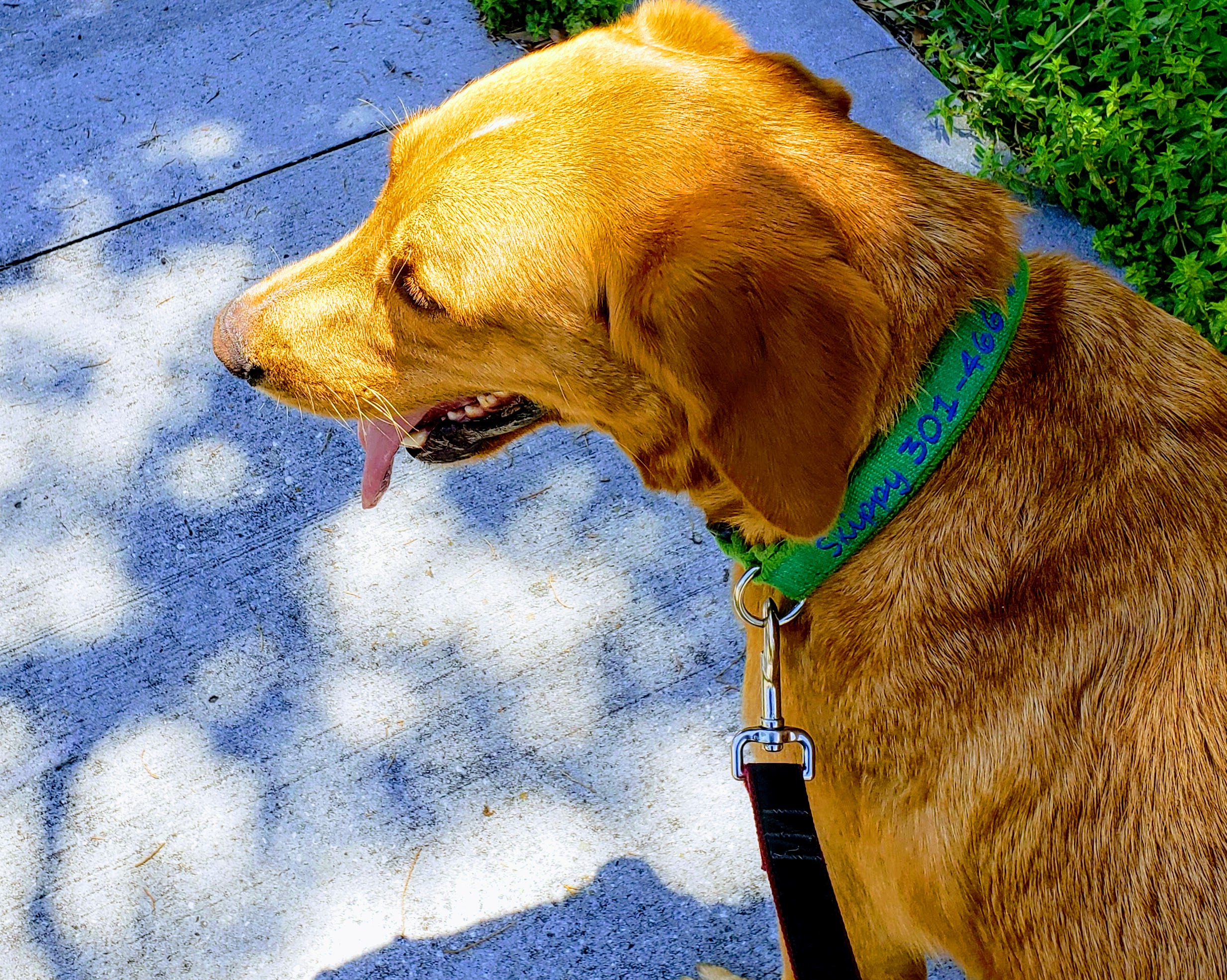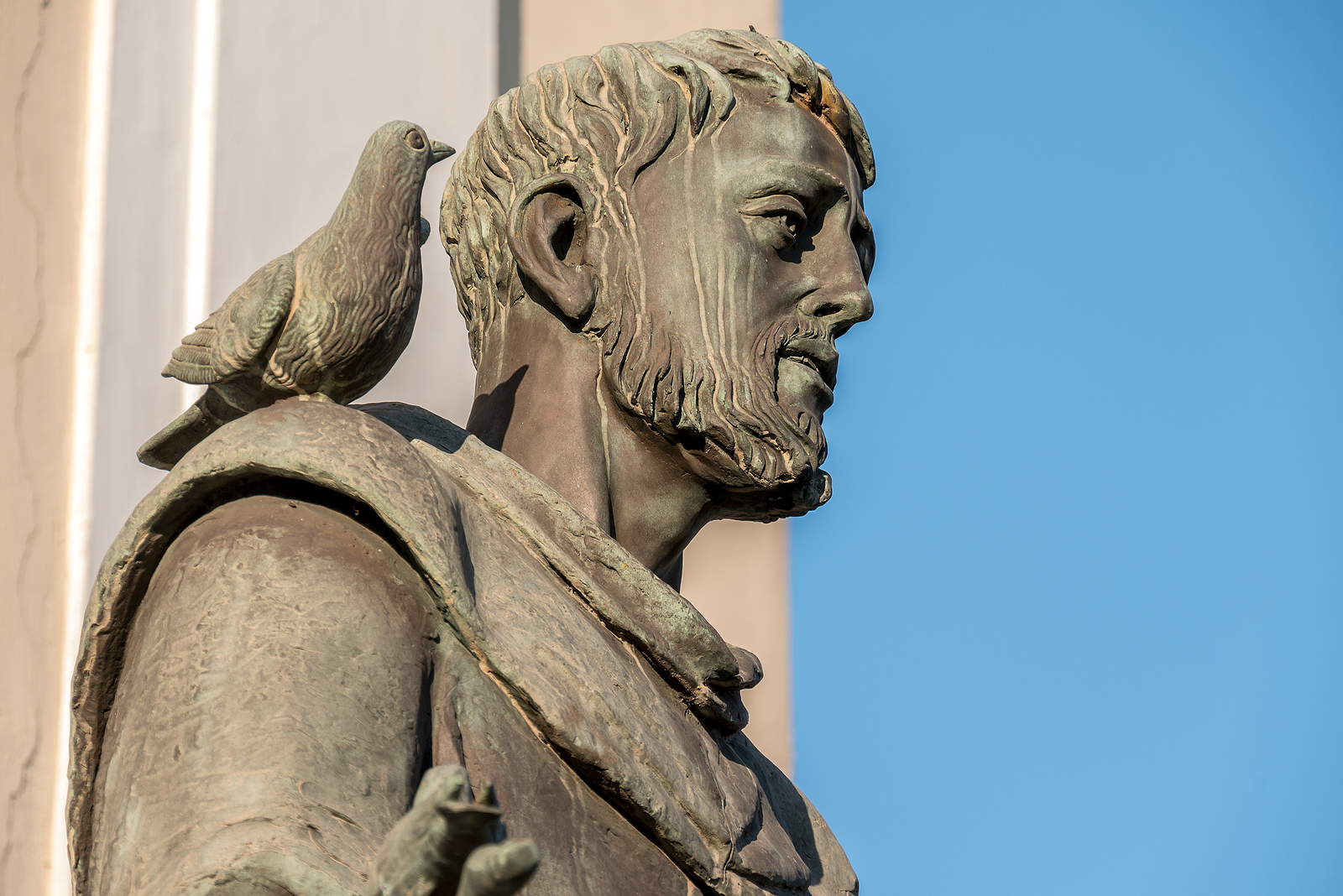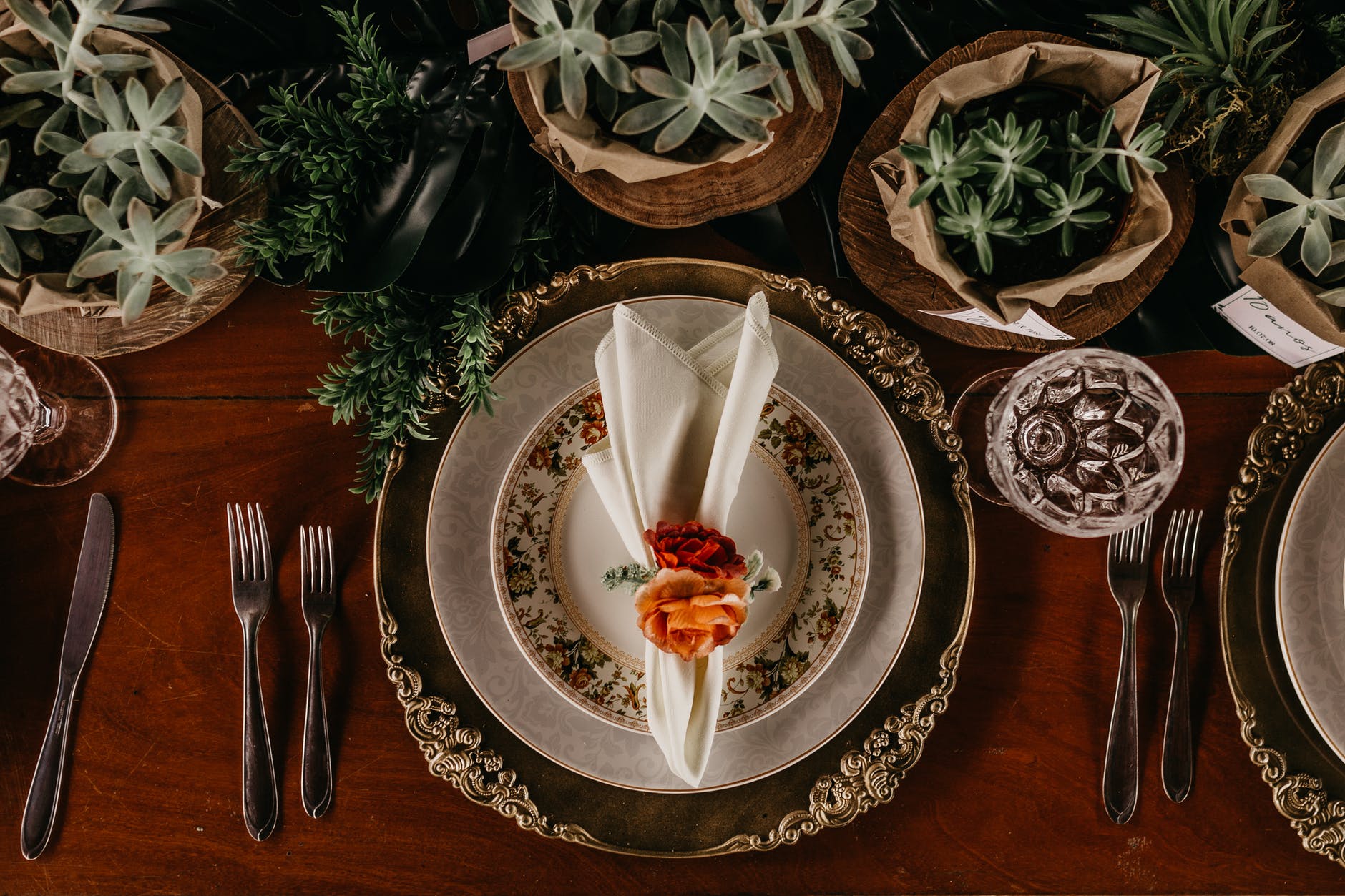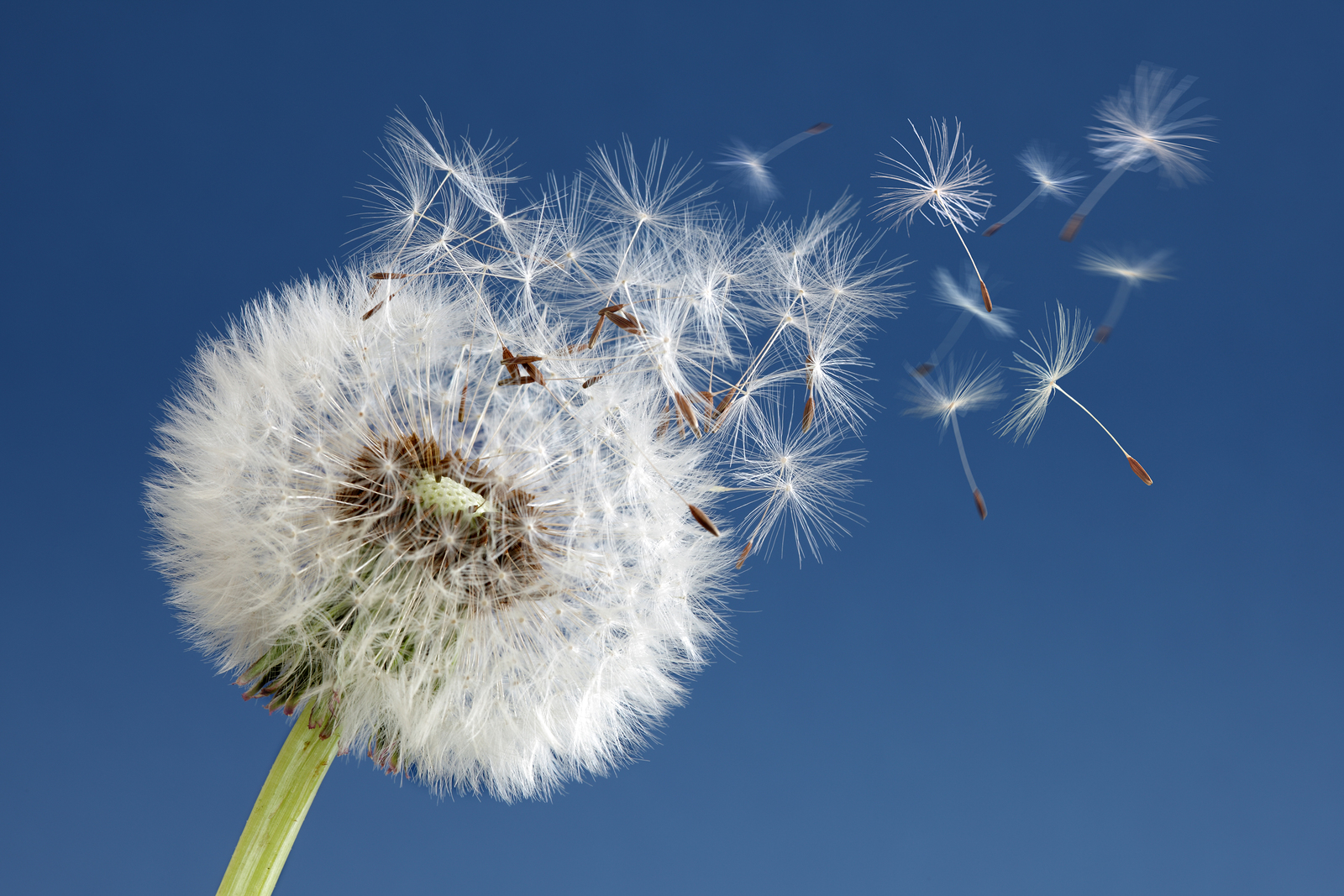Deuteronomy 6:4-9 – Hear, O Israel: The Lord is our God, the Lord alone. You shall love the Lord with all your heart, and with all your soul, and with all your might. Keep these words that I am commanding you today in your heart. Recite them to your children and talk about them when you are at home and when you are away, when you lie down and when you rise. Bind them as a sign on your hand, fix them as an emblem on your forehead, and write them on the doorposts of your house and on your gates.
Scripture is chock full of commandments and regulations. Some are very culturally bound and outdated; others are timeless. Some help us function as a society: do not kill or steal. Others help us respect one another: honor your parents and don’t commit adultery. Some help us treat God with reverence: don’t curse in God’s name and honor the sabbath. But the greatest commandment is this: Love God with all your heart, all your mind and all your strength.
That’s really all that God wants from us. Love God. Love God’s creation. All the time with all our might. In fact, if we do this, the greatest commandment, we don’t really need any other rules.
This sounds so simple, but is so hard to do, so God also calls us to remind ourselves about this rule all the time. Put this commandment on post-it notes all over your house to remind you when brushing your teeth or getting a glass out of the cupboard. Teach your children to love and talk about it all the time. This will lead us to hold each other accountable and challenge each other to love more. Put it on your keys so you are reminded to love while driving or once you get to work. Surround yourself with people who will push and encourage you to love more fully.
It’s human nature to find a shortcut or exception to the rule. We rationalize that our action or inaction don’t really make a difference in the larger scheme of things. But God wants our full effort 24/7, making God’s love real everywhere, all the time.





 Psalm 25:4-7 — Make me to know your ways, O LORD; teach me your paths. Lead me in your truth, and teach me, for you are the God of my salvation; for you I wait all day long. Be mindful of your mercy, O LORD, and of your steadfast love, for they have been from of old. Do not remember the sins of my youth or my transgressions; according to your steadfast love remember me, for your goodness’ sake, O LORD!
Psalm 25:4-7 — Make me to know your ways, O LORD; teach me your paths. Lead me in your truth, and teach me, for you are the God of my salvation; for you I wait all day long. Be mindful of your mercy, O LORD, and of your steadfast love, for they have been from of old. Do not remember the sins of my youth or my transgressions; according to your steadfast love remember me, for your goodness’ sake, O LORD!


